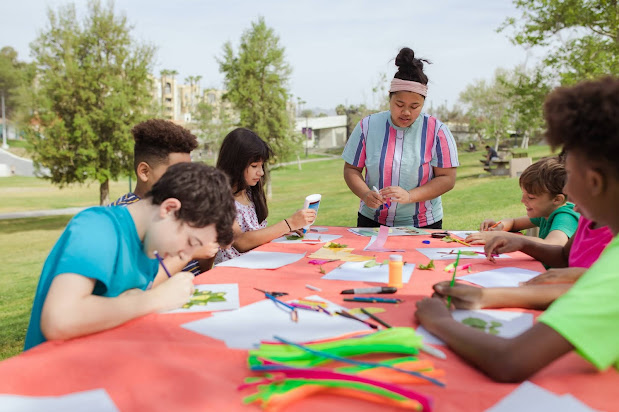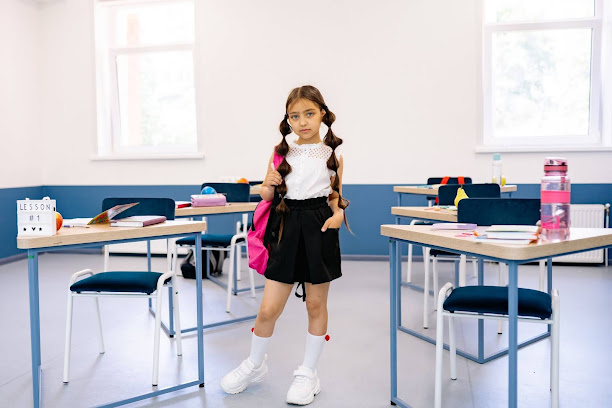Your child may want to undertake A Levels but may not wish to remain at their school to do so. This is fine – for many young adults, this is a healthy decision and a way to make changes in their life.
Meeting new friends, having a new routine and journey to school can be very refreshing for children and if your child would like to choose a new school or college for sixth form, it’s important that you take their request seriously.
Visits are vital
Make sure to find out when the sixth form has open days for parents and pupils. Book a spot and attend with your child. This senior school in Middlesex takes these open days very seriously and it’s a chance for parents and pupils alike to see the environment and meet the staff.
This first look is important as it will give you both a chance to assess the school and the amenities.
Your child might have a strong reaction to one school and not to another so it’s important to book a few visits.










